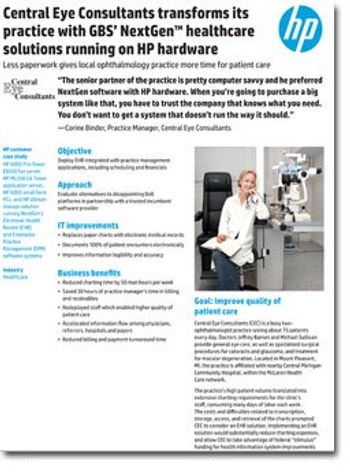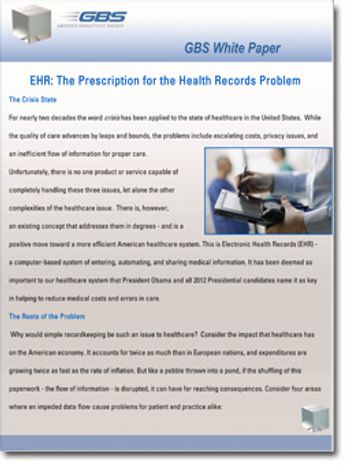
One of the ways we can cut costs and improve quality in hospitals today is to measure what I call “interval improvement” in our patients.

One of the ways we can cut costs and improve quality in hospitals today is to measure what I call “interval improvement” in our patients.

While attending the Integrative Healthcare Symposium, what impressed me so much was the absolute unshakeable commitment to getting patients better.

If you don’t address emotional health and disease, the patient will deteriorate. Any practitioner who denies this is basically a Neanderthal.

Hospitalists provide essential primary care in the hospital for the extremely sick, chronically ill patient population responsible for the majority of Medicare spending.

Many problems in the treatment of chronic pain are related to these multiple parties not being on the same page.

Chest pain admissions and observations are possibly the most ridiculous aspects of internal medicine.

The patient got better. That should be the standard of how physicians get paid, and of how American medicine is conducted.

Getting out of one's mind gets to the root cause of the neurotic conditions.

The healthy lifestyle is no secret to humanity nor to physicians; it has been the indubitable and reliable source of healing for thousands of years.

Today herbal medicine, homeopathy, and naturopathy are considered “alternative” medicine, despite being mainstream in the world for centuries.

Financial incentives and disincentives have pitted those in the allopathic medical world against those in the wellness industry.

Besides removal of unnecessary and harmful medications, prescription practices should be more conservative than what I see currently in the hospital.

With a new survey indicating that physicians feel patients get too much medical care, here are some ways to reform primary care in the U.S.

Breathing methods can equip patients to handle stress without reaching for pills.

The fact that most American adults cannot define what real food is, and that food-like substances such as hot dogs suffice for their needs, boggles my mind to no end.

A small vocabulary in the context of the miracle of the human organism is a tragedy.

We cannot be so short-sighted as to suggest that hospitalist care is to blame for the fact that medical care is expensive and complicated in the outpatient setting.

Sometimes you don't just have to treat the patient, but their family members as well, dealing with complaints and offering compassion.

I believe the word "heal" is quite useful, especially in conversation with patients. This word connotes more than mere treatment, but addresses something internal and essential within the patient.

Unlike specialties that require completion of fellowship, the specialty of the internist hospitalist doesn't require constant repetition of mechanical procedures and the learning of technological devices. Rather, the internist specializes in the pathophysiology of the sick human being in all its manifestations, many of which can occur simultaneously

The reality is that the human being desperately needs movement at every level for optimum functioning because all life is predicated on movement.

Often on rounds we see problem lists and the clinical issues first and the patient second.

As the American medical system transitions towards a healthcare (rather than a sick-care) system focused on delivering quality care (rather than abundant care), we will increasingly have to tailor our clinical decision-making towards precisely achieving a diagnosis, addressing the chief complaint, and providing safe treatments with demonstrable benefit.

The ugly realities of an obesity epidemic and an environment of ever-dwindling supplies of inexpensive whole foods are reminders of the urgency of the situation. As clinicians, it is incumbent upon us to catalyze the behavior change that leads to the consumption of real food and nutrition.

Our newest Practice Notes blogger, Dushyant Viswanathan, discusses his experience moving from medical education into residency and the emotions that developed within him.

The Curious Case of Mr. C and the Worms

Published: June 8th 2011 | Updated:

Published: June 15th 2011 | Updated:

Published: June 22nd 2011 | Updated:

Published: June 29th 2011 | Updated:

Published: July 6th 2011 | Updated:

Published: July 13th 2011 | Updated: